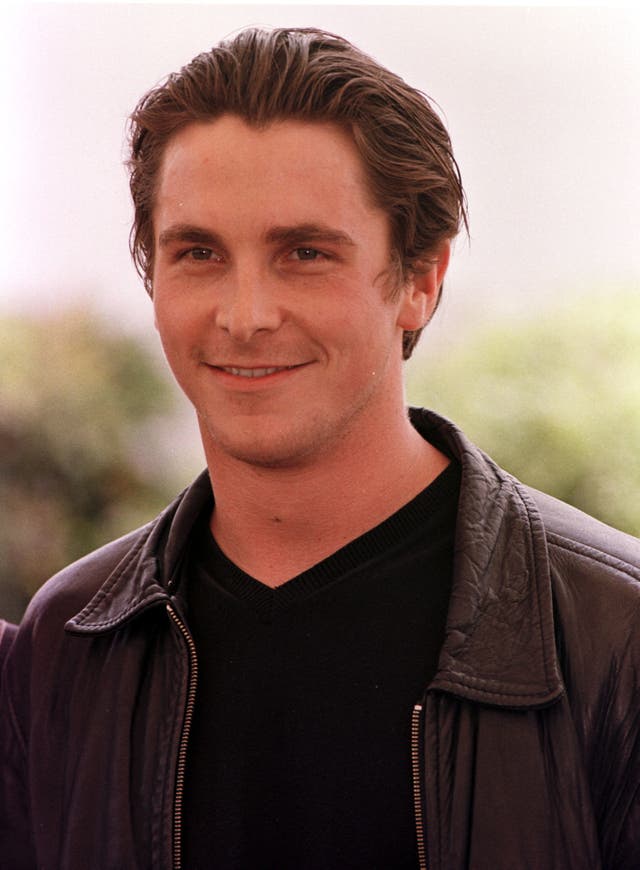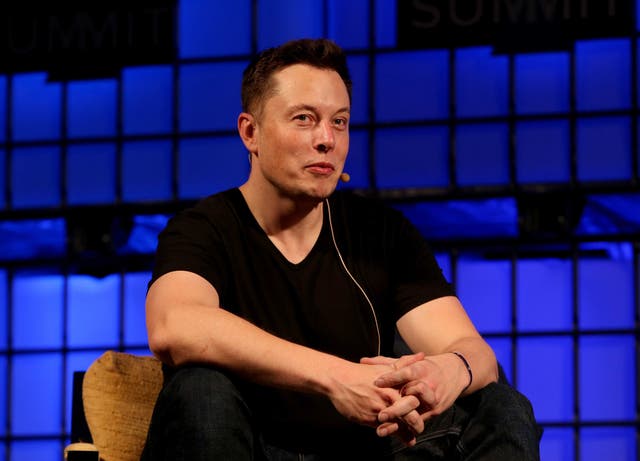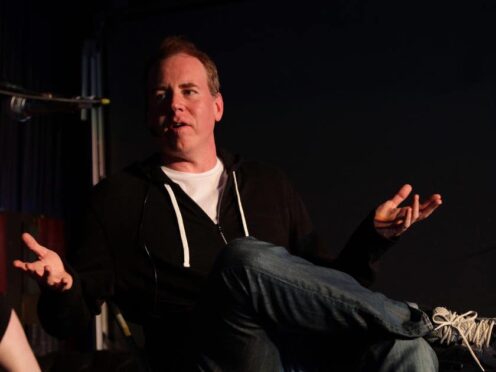Bret Easton Ellis said it is good to have “disruptors” like billionaire Tesla boss Elon Musk, as they are “good for society right now”.
The author of the 1991 novel American Psycho – about serial killer and investment banker Patrick Bateman, which was later made into a film starring Christian Bale – has written his first book in 13 years, The Shards.
Easton Ellis told BBC Radio 4’s Today programme that he has no boundaries when it comes to writing because he finds nothing offensive.

He said: “I don’t even know what hate speech is… something that someone made up somewhere.
“I don’t have any boundaries in terms of language and in terms of what people say, in terms of what people say in a supposedly free society. I think you should be allowed to say whatever you want and that’s just how it is.
“I’m a writer, what else am I supposed to say? That there are boundaries within how I can express myself within the pages of a novel? That’s just so beyond my realm of thinking that I really don’t quite know where to go with it.”
Easton Ellis said he grew up in a generation that “liked to be offended”.
He said: “I come from a very different place … We were looking to be offended and to be shocked and we liked it.
The Shards is now available to preorder in the UK via @_SwiftPress. Signed editions available at @Waterstones https://t.co/jM7Yw8ADWI pic.twitter.com/pefAQ7AZDy
— Bret Easton Ellis (@BretEastonEllis) September 6, 2022
“So we’re living now in this kind of regulated authoritarian seeming society that says: ‘You can’t say this. You can’t say this. You can’t write this.’
“I understand that people are tying themselves up in knots about the internet and what you can say or can’t say.
“I like what Elon Musk is doing – I think we need more disruptors, disruptors are good for society right now and that’s where I’m at.”
After billionaire Tesla and SpaceX boss Musk took over social media platform Twitter in October, around half of the company’s global workforce was laid off, content moderation was loosened and Musk himself engaged with conspiracy theories and right-wing personalities on the site.
He also launched a new subscription service that enabled any user to be verified on the site simply by paying a monthly fee, which saw some use the scheme to impersonate public figures and spread abuse and misinformation.

Some experts and analysts reported drastic spikes in hate speech on the site.
Easton Ellis said: “In this world, of course a disrupter is going to met with many difficulties. It’s so funny to see how the press turns against him, it’s almost like a skit.
“We’re living in a simulated room and it’s almost like a joke, the narrative is preordained.”
He added that he wrote his latest novel The Shards for himself, and not for the reader.
“I’ve been thinking about this book for about 40 years and I knew the movements of it. I wanted it to be as immersive as possible about that time and place – Los Angeles in the 1980s,” he said.
He continued: “The Shards is dedicated for no-one … because what I’m doing is creating something in a vacuum.
“I’m creating something in my apartment by myself, for myself, this is not something I’m writing for the reader, or I’m writing for the culture, or I’m commenting on the culture, I’m writing something that I am solely interested in.
“For me, I’ve always used fiction as a way of really healing myself, not necessarily the culture, not necessarily the reader or the world, but kind of healing myself.”
